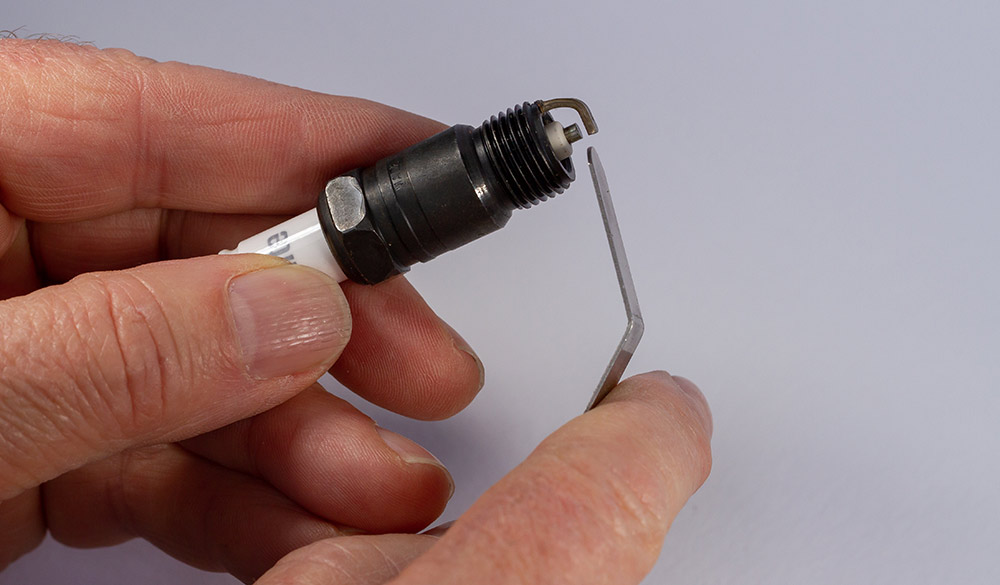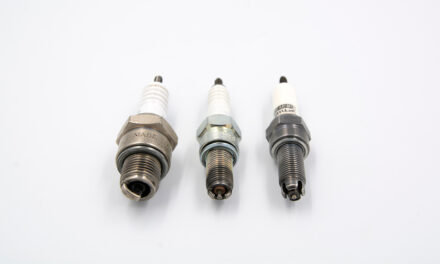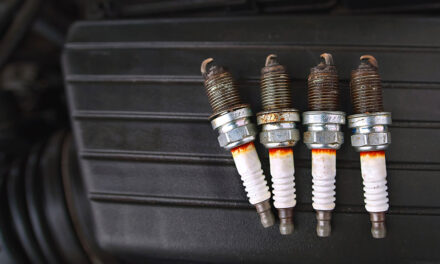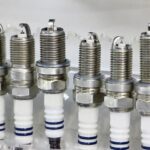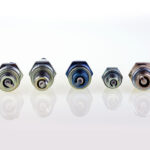Spark plugs play a pivotal role in an engine’s operation, igniting the air-fuel mixture in the combustion chamber. Given their essential nature, it’s no wonder technicians often encounter questions about them. Here, we’ve compiled a list of frequently asked questions to help demystify the world of spark plugs.
1. How often should spark plugs be replaced?
Typically, spark plugs should be checked every 30,000 miles and replaced if necessary. However, some high-performance or platinum spark plugs can last up to 100,000 miles. Always refer to the vehicle’s manufacturer recommendations.
2. Can a bad spark plug damage the engine?
Yes, a faulty spark plug can lead to engine misfires, causing unburnt fuel to enter the exhaust system. This can damage the catalytic converter, a costly component to replace.
3. What causes a spark plug to foul?
Spark plug fouling can result from multiple factors, including a rich air-fuel mixture, oil leakage into the combustion chamber, or prolonged periods of idling.
4. Why is the correct spark plug gap critical?
The gap between the spark plug electrodes determines the size and duration of the spark. If it’s too large or small, it can lead to poor combustion, reduced fuel economy, and engine misfires.
5. Can I clean and reuse a fouled spark plug?
While cleaning and reusing a fouled spark plug is technically possible, it’s usually not recommended. Cleaning won’t address the underlying issue, and the plug might not function optimally after cleaning.
6. Do all cars use the same type of spark plug?
No, various engines require different spark plugs, depending on factors like the engine’s design, intended performance, and manufacturer specifications.
7. How do I know if my spark plugs need replacing?
Signs of worn spark plugs include poor acceleration, reduced fuel efficiency, engine misfires, and difficulty starting the vehicle.
Understanding the intricacies of spark plugs is vital for technicians and vehicle owners alike. By staying informed, one can ensure optimal engine performance and longevity.

